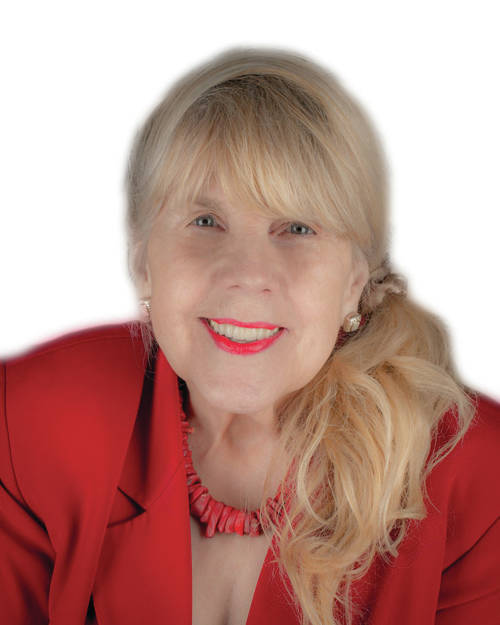
My life in higher education has been spent in working for inclusion whether I was Chancellor of Rancho Santiago Community College District, one of the largest in the nation, or currently as a faculty member at Edison State Community College.
As I consider the demographic shifts in our country and the fear some feel that they are losing power, their entitlement, their First Amendment Rights to verbalize whatever they like even if it’s punctuated with lies and insulting monikers, I have a sense of urgency that more need to stand up and be counted.
When my students recently submitted their essays for Black History Month with a theme of “America’s Unsung Heroes,” I was encouraged that many wrote about persons they know — teachers, religious leaders, counselors — who are engaged in the work of inclusion when at times their very livelihoods are threatened by those who consider anything other than a polite, token endorsement of inclusion to be sufficient.
I’d like to share with you a specific example of one man, as reported by his daughter, who has translated the words we use so frequently such as equal opportunity, fairness, honor, respect into action that demonstrates what I seek.
Unsung American Hero: Douglas
Making a difference in the world doesn’t have to mean stepping outside the framework of one’s everyday life. A great example of an everyday American hero who has made a positive impact within the context of his regular life is my father, Douglas. He works in the shipping department of a factory where he has worked for over thirty years. Throughout this time, he has worked hard and stepped up when necessary to help solve problems.
One problem Douglas has seen at work is a lack of acceptance for diversity. Last year, there was a shipping clerk position open, and several candidates were available. One candidate stood out to Douglas. He was an African American man who was already employed in the shipping department. He had worked hard and paid attention to detail throughout the year he had worked there, and he had the relevant experience. To Douglas, he was the clear choice.
However, when Douglas told his superiors of his pick for the position, they were not satisfied. Because the man was African American, Douglas’s superiors did not think he would be a good choice, even though he was more qualified than any of the white candidates.
“Are you really sure you want to pick that guy?” they kept asking, never providing any actual reasoning.
Douglas did not back down. “Yes, I’m sure,” he said, and gave the shipping clerk position to the best candidate.
But that was not the end of it.
Douglas had three other African Americans working in his department in addition to the newly-promoted shipping clerk. All four of them, despite being excellent workers who got along great with their coworkers, found themselves under constant scrutiny by Douglas’ supervisors who never criticized the white employees, but who criticized the African Americans for anything they could think of.
They insisted, for example, that the men took too long on break, or that they were not doing their jobs correctly. One employee was even photographed while on break! The photographer said the image proved that the man was not doing his job, but Douglas
stood up for his employees and told the photographer that all of the people in his department were good employees who got the job done right.
Eventually, after months of Douglas’ ensuring that his employees were given a fair chance based on their merits and not the color of their skin, Douglas was able to make a real difference in his workplace. The constant nit-picking came to an end. The four African American men were finally able to do their work in peace. By standing up for these four men, Douglas set a positive example and helped to create a more inclusive workplace. He did not have to exit the framework of his regular everyday life in order to make this change: he saw a problem in his workplace and stepped up to help fix it.
We can all come up with reasons why we could never take the action Douglas took. What, however, can you do? To remain silent when opportunities arise to embrace inclusion is to endorse behaviors that we could never explain away to our children and grandchildren.





